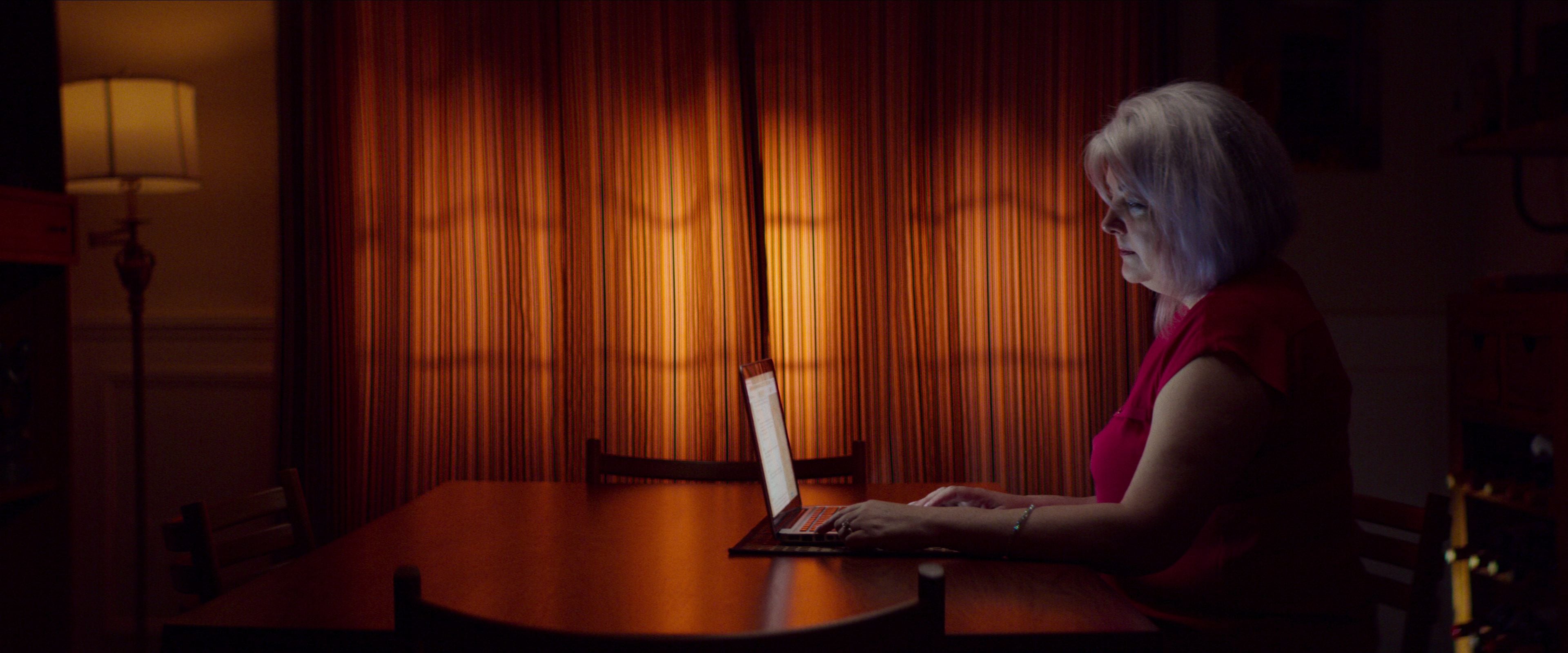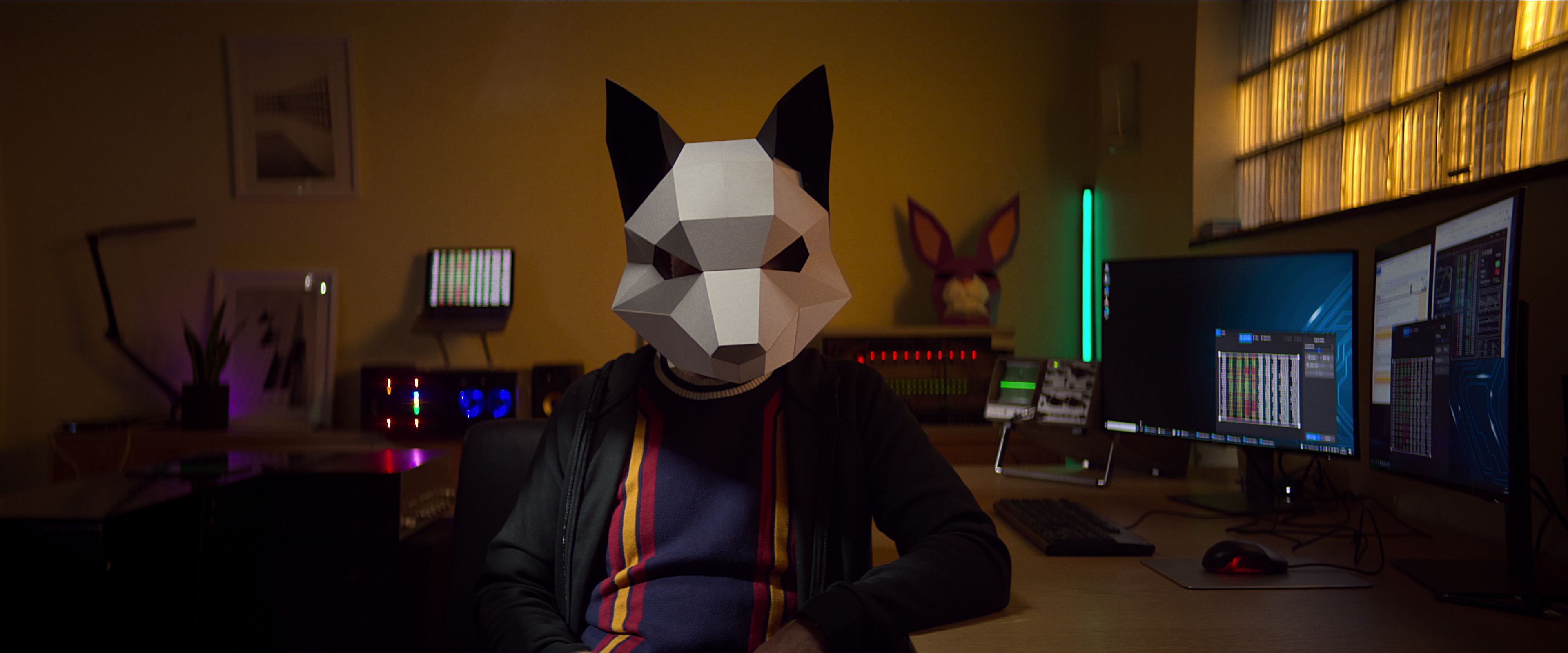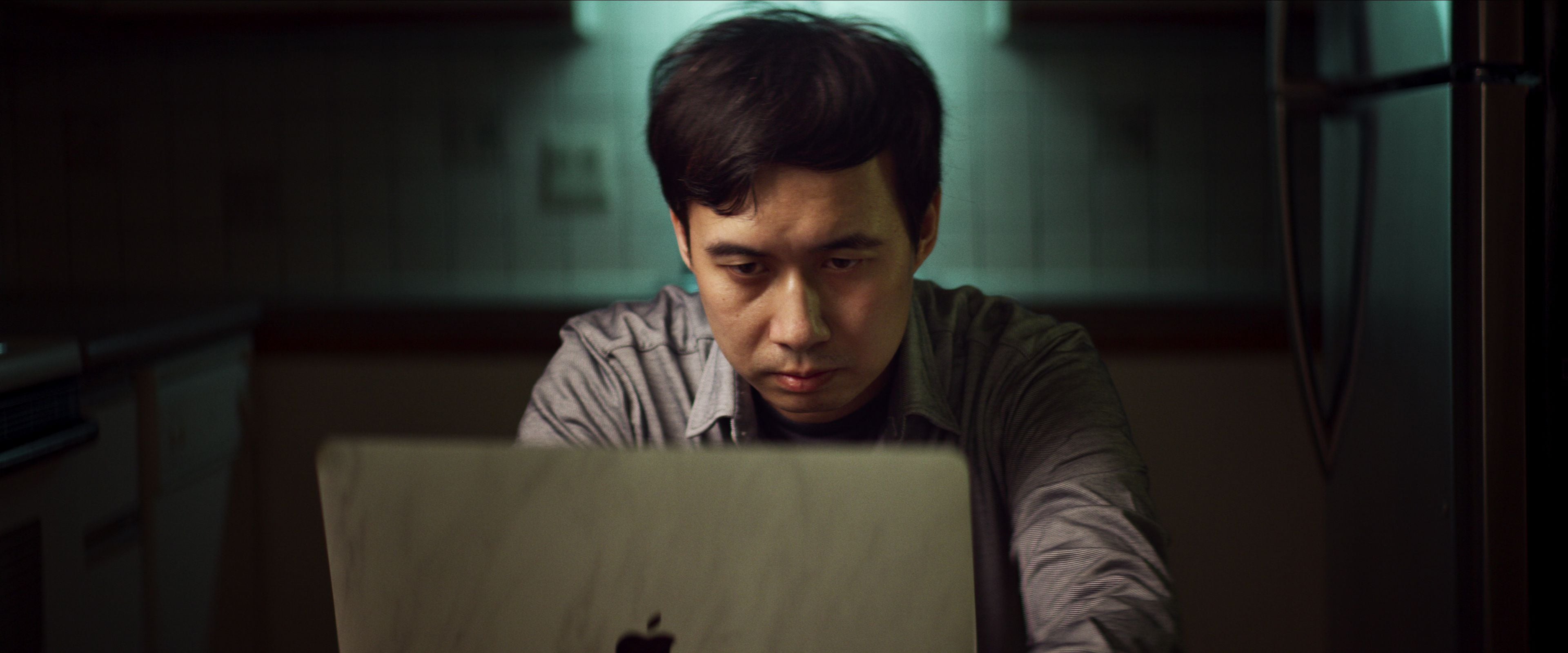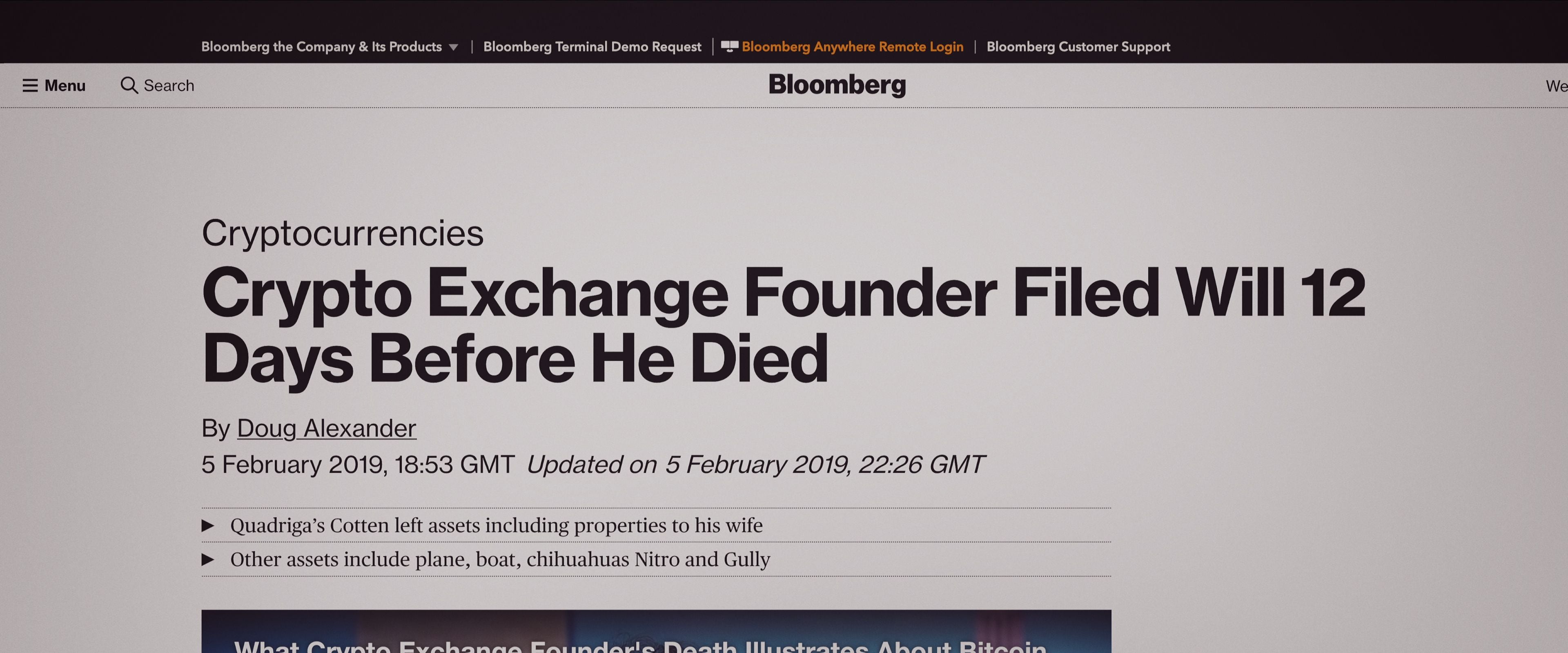
First it was The Tinder Swindler (The Tinder Swindler); then Who is Anna? (Inventing Anna); then Bad Vegan : fame, fraud and escapes. Money + lies seems to be the base formula for Netflix's recent hits, the line of the documentary about scammers: among the main searches of users of the platform stands out Don't trust anyone: On the trail of the king of cryptocurrencies (Trust No One: The Hunt for the Crypto King), available only since March 30.
In 2018, during his honeymoon in India, just days after he changed his will, Gerry Cotten, the CEO of QuadrigaCX, Canada's leading crypto investment firm, died unexpectedly. At the grave he took the password to access some USD 250 million of his more than 75,000 customers. Money literally vanished into cyberair.
A group of investors, however, were wary of the facts: after all, Cotten had already carried out non-sanctas financial maneuvers, such as pyramid schemes, in the past, although he had always been unscathed. While the Royal Canadian Mounted Police (RCMP) and the FBI were investigating the case, those handful of people gathered on Twitter, Reddit, Pastebin and Telegram and did what is done on the networks: they descended into the spiral of the bubble filter and became convinced that they had been scammed and Cotten was alive enjoying his millions.
The documentary by British director Luke Sewell, with executive production by Sophie Jones and Morgan Matthews, follows the story as a true crime that has not yet been closed with certainty, although there is no solid evidence of the hypothesis about Cotten's false death and the RCMP did not even consider it necessary to exhume the body.

To the fascinating effect of scams on the streaming public are compounded by dark stories about cryptocurrencies (for a reason the number one rule that governs them gives the title of this investigation: trust no one) and the intrinsic complexities of blockchain. As one of the injured parties, who protects his identity behind the alias QCXINT, put it, the authorities did not understand the nature of the potential crime: “I spent a couple of hours on the phone explaining the basics to an RCMP investigator who ended up feeling that he would be much more comfortable with a dead body, a loaded gun and a trace of blood”.
QCXINT made that statement to Vanity Fair, which revealed the case in November 2019 in the note “Pyramid Schemes, Private Yachts, and $250 Million in Lost Crypto: Quadriga's Strange Story”, on which Sewell's documentary is based. QCXINT makes a screen appearance worthy of its alias: with a fox mask, or perhaps raccoon, printed in 3D.

If the openness in charge of the masked man with a distorted voice takes the documentary's seriousness, it doesn't matter in the true crime genre, which focuses more on the effectiveness of the story than on its fidelity to the facts that inspired it. One example is the speculation about Cotten's change of face in Bermuda, attributed to a plastic surgeon as mysterious as him.
In addition to the conspiracy theories of investor-vigilantes (a small group in relation to the large number of people who lost money in the Quadriga affair), Trust No One also shows the journalists of The Globe and Mail, the newspaper that followed the case, and some experts who dealt with the official investigation. The drama-filled conjectures — which, on the other hand, were already available on YouTube accounts — are at least in parity with the evidence collected by Alexandra Posadzki and Joe Costaldo in Toronto.

Cotten founded QuadrigaCX in Vancouver. He had a very instagrammable life — trips, expensive cars, a yacht, helicopters, properties — and a nerdy air. After marrying Jennifer Robertson, at age 30, he arrived in Jaipur to spend his honeymoon, but nine days later he felt ill at the Oberoi Rajvilas resort. In a private hospital he was diagnosed with acute gastroenteritis; hours later he had developed sepsis.
A shock caused her death. The official cause established was “complications of Crohn's disease”. There was no autopsy. The body was embalmed for its return to Canada at a local medical university.

Although all that happened in a few days, Quadriga didn't announce Cotten's death until a month later. During that time the company continued to accept funds, although it did not pay dividends or return investments. When customers began to question the authenticity of the documents, the facts and the existence of a will became known. He talked about Lexus, Cessna and even a fund for the care of two Chihuahuas, but he didn't mention hard drives — cold wallets or cold wallets — with cryptocurrency.
That was as suspicious as Cotten not guarding the key with some Plan B: if a person loses his keys he calls a locksmith, explained Vanity Fair, but if he loses the password of bitcoin wallets — a very long sequence of signs, randomly generated and impossible to memorize — the funds are simply inaccessible. When the Nova Scotia Supreme Court ordered Ernst & Young to audit Quadriga, other dubious stories emerged. Some dated back to when Cotten started investing, at age 15, with an alleged former partner, Michael Patryn.

With 89 minutes long, Trust No One contributes to a trend that goes beyond Netflix: Star+ premiered The Dropout: The Rise and Fall of Elizabeth Holmes (the story of the founder of Theranos, who became the youngest billionaire in history in a short period of time, and ended up in jail), HBO Max has Generation Hustle (documentary filmmaker Alex Gibney's series about scams pyramids and phishing starring millennials on the internet) and Apple TV+ released WeCrashed (the story of Adam Neumann, the WeWork entrepreneur).

KEEP READING:
Últimas Noticias
Debanhi Escobar: they secured the motel where she was found lifeless in a cistern
Members of the Specialized Prosecutor's Office in Nuevo León secured the Nueva Castilla Motel as part of the investigations into the case

The oldest person in the world died at the age of 119
Kane Tanaka lived in Japan. She was born six months earlier than George Orwell, the same year that the Wright brothers first flew, and Marie Curie became the first woman to win a Nobel Prize

Macabre find in CDMX: they left a body bagged and tied in a taxi
The body was left in the back seats of the car. It was covered with black bags and tied with industrial tape
The eagles of America will face Manchester City in a duel of legends. Here are the details
The top Mexican football champion will play a match with Pep Guardiola's squad in the Lone Star Cup

Why is it good to bring dogs out to know the world when they are puppies
A so-called protection against the spread of diseases threatens the integral development of dogs




